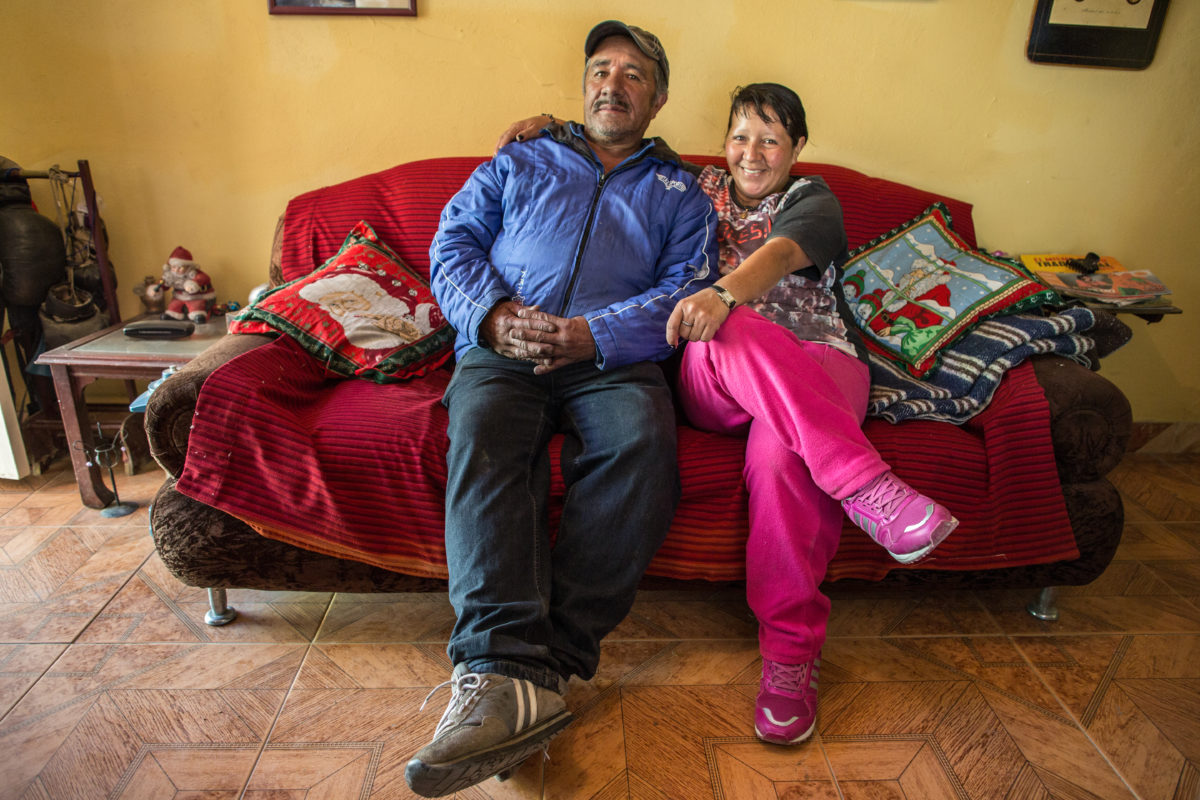The Latin America and Caribbean (LAC) FP2030 Regional Hub proudly announces a significant milestone: Honduras has emerged as the inaugural signatory country in the Latin American and Caribbean Region. This achievement underscores Honduras’s dedication to advancing family planning initiatives in Central America, marking a pivotal step toward fostering reproductive health, gender equality, and sustainable development in the region.
Family planning is an essential component to address various socio-economic and health challenges in the Latin America and Caribbean region. Family planning promotes maternal and child health by reducing the risks associated with unintended pregnancies, such as maternal mortality and unsafe abortions. It also plays a pivotal role in advancing gender equality, empowering women to make informed choices about their reproductive health and participate fully in society. By facilitating access to contraception and reproductive health services, family planning contributes to poverty reduction, public health improvement, and overall social development, fostering healthier, more prosperous communities throughout the region. It also allows women and couples to plan their family size in line with their future plans, resources, and other priorities.
Honduras’s decision to commit to the FP2030 partnership exemplifies its proactive stance toward addressing crucial societal issues. Through this commitment, Honduras aims to obtain tangible results regarding sexual and reproductive health, with a particular focus on historically marginalized populations. Key objectives in Honduras’ commitment include prioritizing individual well-being and universal health coverage, advancing gender equality, empowering women, girls, and adolescents, fostering data-driven policies, enhancing financing for family planning services, implementing gender-sensitive regulatory frameworks, and improve the response capacity of the health system regarding family planning.
Recognizing the pivotal role of family planning in poverty alleviation, maternal and child health enhancement, and overall sustainable development, the Honduran government reaffirms its unwavering commitment to the holistic health and prosperity of its populace. Through this commitment, Honduras charts a course toward a more equitable and prosperous future for all its citizens and sets a precedent for the region.
In celebration of this commitment, the Honduran Ministry of Health and FP2030 LAC Hub is set to host a landmark launch event on April 10, 2024, in the capital city of Tegucigalpa. This event stands as a beacon for the significance of family planning in community well-being and national development. Distinguished government officials, community leaders, representatives of civil society organizations, youth advocates, and reproductive health experts will converge to underscore the importance of collective action in addressing these critical issues. This gathering serves as a catalyst for heightened awareness and proactive measures to drive positive change throughout Honduras.
As the FP2030 LAC Hub, we view Honduras’ commitment to family planning as a catalyst for transformative change across the region. Through its leadership and dedication, Honduras sets a compelling precedent for other nations to follow suit, amplifying efforts toward achieving universal access to reproductive health services and fostering sustainable development goals. Together, we forge a path toward a future where everyone can thrive and make their own informed choices with equitable access to essential health services, including family planning.
Through collaborative efforts and unwavering dedication, Honduras sets a compelling example for others to follow, inspiring collective action and fostering greater cooperation toward achieving shared goals. As Honduras takes bold steps towards realizing the objectives outlined in their FP2030 commitment, it lays the foundation for transformative change, paving the way for a brighter, more inclusive future for all individuals and communities across the region.
Photo Credit: Juan Arredondo/Getty Images/Images of Empowerment
